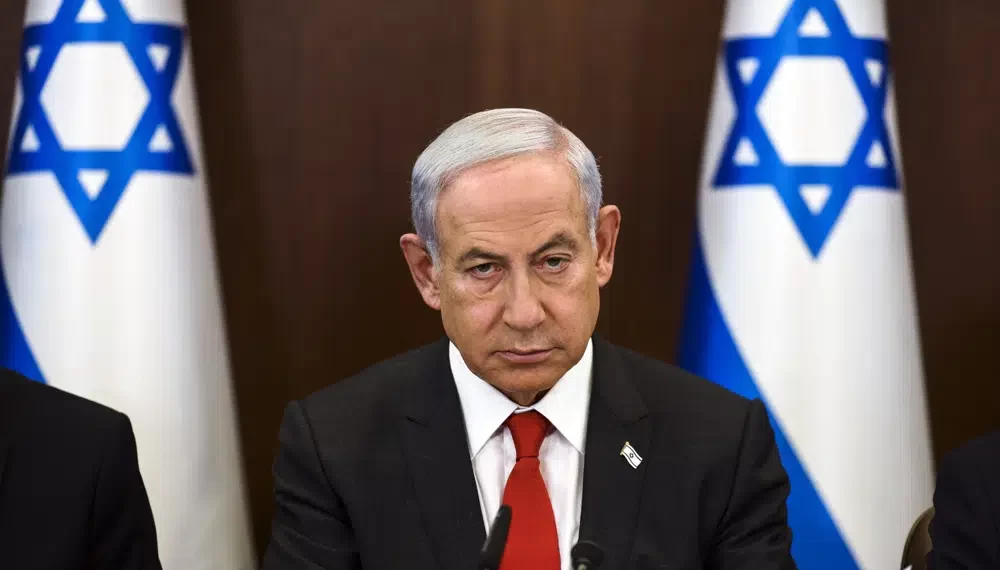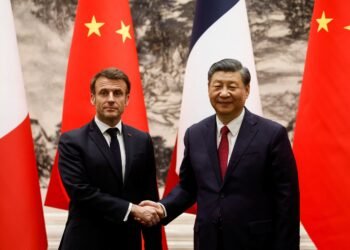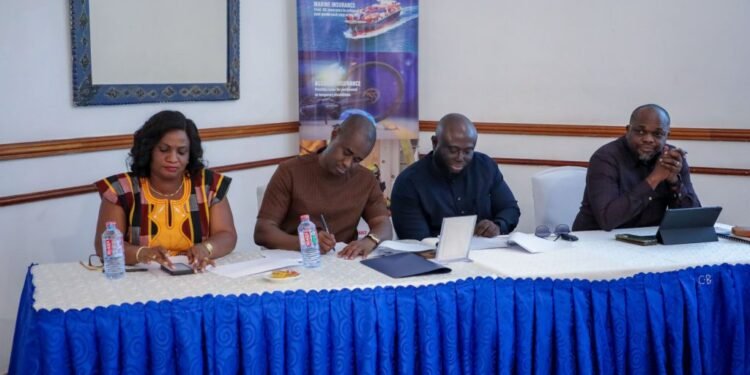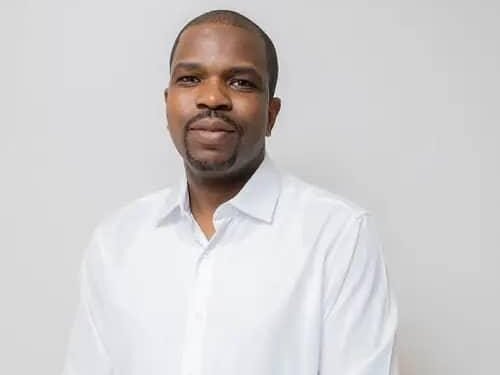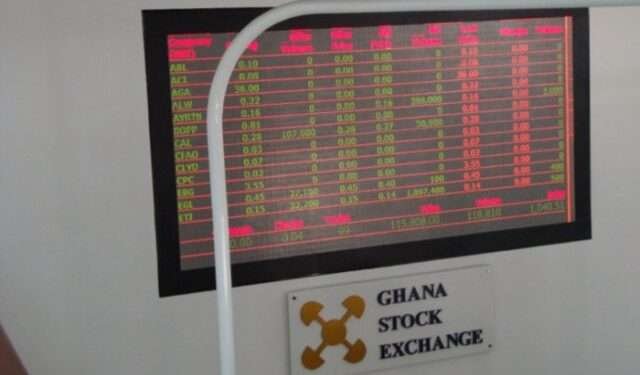Benjamin Netanyahu has become the first sitting Israeli Prime Minister to take the stand as a criminal defendant, as he began giving evidence in a court in Tel Aviv in his long-running corruption trial.
Netanyahu’s testimony follows evidence from 120 prosecution witnesses in three cases known popularly as Cases 1,000, 2,000 and 4,000.
Netanyahu, who is charged with fraud, breach of trust and accepting bribes in the three separate cases, is expected in the first instance to be questioned by his defence lawyer for several days.
The 75-year-old is accused of accepting tens of thousands of dollars’ worth of cigars and champagne from a billionaire Hollywood producer in exchange for assisting him with personal and business interests, and of promoting advantageous regulation for media moguls in exchange for favourable coverage of himself and his family.
He denies wrongdoing, saying the charges are a witch-hunt orchestrated by a hostile media and a biased legal system out to topple his lengthy rule.
The court has spent months hearing prosecution witnesses in the three cases, including some of Netanyahu’s once-closest aides who turned state witnesses, who have testified in detail, painting him as controlling and image-obsessed.
Netanyahu had arrived in court appearing serious and somewhat haggard, shaking hands with the ministers and MPs who had come to support him as he arrived.
Other government ministers, including Israel’s justice minister, issued statements of support before the proceedings.
Critics of the Prime Minister and supporters mounted rival demonstrations outside the court building.
Netanyahu stated, “I have waited eight years for this moment, to say the truth as I remember it, which is important for justice.” He added, “But I am also a Prime Minister. I am leading the country through a seven-front war. And I think the two can be done in parallel.”
He called the charges against him “an ocean of absurdness,” promising that his version of events would cut through the prosecution’s case as his remarks veered between emphasising his international importance and painting himself and his family as victims.
Netanyahu’s Indictment Criticized
In his opening speech, Netanyahu’s lawyer, Amit Hadad criticised the indictment against his client.
He asserted that the Israeli police did not “investigate a crime, but a person,” provocatively comparing the process against Netanyahu to something that might be seen in “Russia or North Korea.”
Asked by his lawyer about the accusation that he had “indulgently exploited his position to receive benefits worth hundreds of thousands of shekels,” Netanyahu said the allegations were “total lies.”
In his opening replies, Netanyahu took the opportunity to paint himself as a significant global figure, a public servant who had no interest in the media, who needed to be constantly connected even as the trial proceeded.
At one point, he appeared to criticise the former Obama administration’s Middle East policy and at another complained about press coverage of himself and his wife, as he depicted himself working long hours.
“I work 17, 18 hours a day. Everyone who knows me knows this. That’s how I work. I eat my meals at my work table, it’s not cordon bleu, it’s not waiters coming with white gloves.”
Benjamin Netanyahu
The Israeli Prime Minister has long tried to avoid this day, despite insisting on Monday, December 9, 2024, night in a taped video address that he welcomed the opportunity to give evidence.
His appearance in a small, crowded courtroom follows last-minute efforts by his political allies in the Knesset to put off the court date, citing clashes over voting, as well as the invocation of the security situation in Israel.
READ ALSO: Regina Daniels Shares More Photos From Graduation Ceremony

